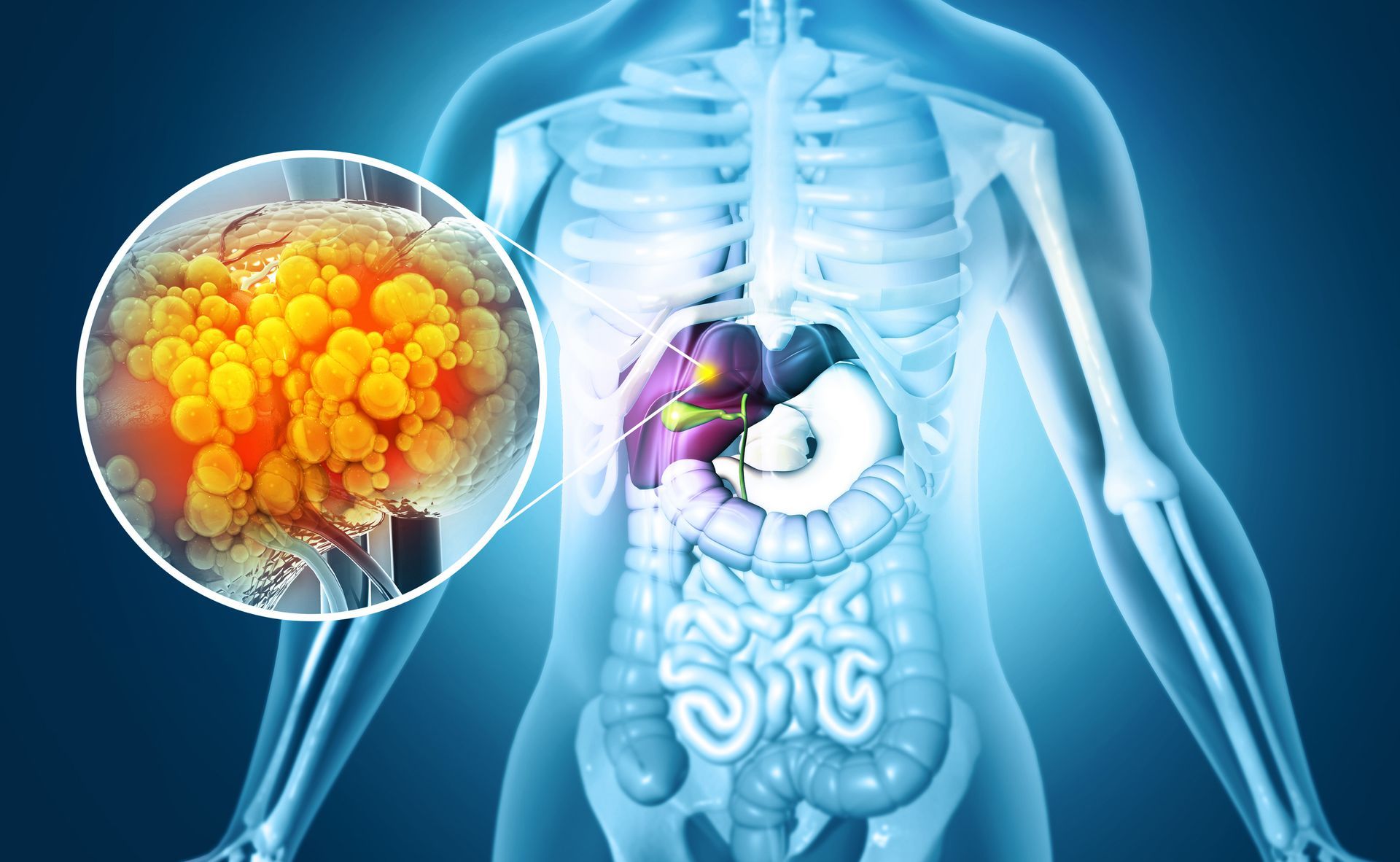The Connection Between Stress and Digestive Health
Are you aware of the strong correlation between stress and gut health? Recent studies have shown that stress can significantly impact digestive function, leading to a range of health issues. Stress is known to trigger various gut-related conditions, such as irritable bowel syndrome (IBS), acid reflux, and inflammatory bowel disease (IBD). Therefore, managing stress levels is crucial for maintaining good gut health.
The Link Between the Gut and the Brain
The gut and the brain are closely connected, forming what is known as the gut-brain axis. This connection allows for constant communication between the two organs, influencing various bodily functions, including digestion.
The gut contains a complex network of neurons called the enteric nervous system, often called the "second brain." This network controls digestion and communicates with the central nervous system, which includes the brain.
Research has shown that stress can disrupt the delicate balance of the gut-brain axis. When a person experiences stress, the brain sends signals to the gut, triggering changes in digestive function. This can lead to symptoms such as stomach pain, diarrhea, or constipation.
Conversely, problems in the gut, such as inflammation or imbalances in gut bacteria, can send signals to the brain, affecting mood and emotional well-being. This bidirectional communication highlights the importance of maintaining a healthy gut for overall well-being.
Effects of Stress on Digestive Health
Stress can significantly impact digestive health. When stressed, the body enters a state of heightened alertness, known as the "fight or flight" response. During this response, the body prioritizes immediate survival over other bodily functions, including digestion.
Releasing stress hormones, such as cortisol and adrenaline, can suppress digestive function, leading to a range of digestive issues, such as decreased nutrient absorption, increased sensitivity to pain, and changes in bowel movements.
Additionally, stress can disrupt the balance of gut bacteria, leading to an overgrowth of harmful bacteria or a decrease in beneficial bacteria. This imbalance, known as dysbiosis, can further contribute to digestive problems and inflammation in the gut.
Chronic stress can also weaken the immune system, making the gut more susceptible to infections and inflammation. This can increase the risk of developing conditions such as irritable bowel syndrome (IBS), inflammatory bowel disease (IBD), or gastroesophageal reflux disease (GERD).
Role of Gut Microbiota in Stress Response
The gut microbiota, which consists of trillions of microorganisms living in the digestive tract, plays a crucial role in the body's stress response. These microorganisms help regulate the production of stress hormones and neurotransmitters, such as serotonin and dopamine.
Studies have shown that a healthy and diverse gut microbiota can help protect against the adverse effects of stress. It can promote the production of mood-regulating neurotransmitters and reduce inflammation in the gut.
On the other hand, an imbalance in the gut microbiota, known as dysbiosis, can contribute to increased stress susceptibility and worsen the impact of stress on digestive health. This emphasizes the importance of maintaining a healthy gut microbiota through a balanced diet, regular exercise, and stress management techniques.
Strategies to Improve Gut Health and Manage Stress
Several strategies can help improve gut health and manage stress effectively:
1. Eat a healthy diet: Consuming a diet rich in fiber, fruits, vegetables, and probiotic-rich foods can promote a healthy gut microbiota and support digestive function.
2. Practice stress management techniques: Engaging in meditation, deep breathing exercises, yoga, or regular physical exercise can help reduce stress levels and promote overall well-being.
3. Get enough sleep: Prioritizing quality sleep is essential for gut health and stress management. Aim for 7-9 hours of uninterrupted sleep each night.
4. Stay hydrated: Drinking adequate water throughout the day helps maintain proper digestion and prevents dehydration, which can worsen stress symptoms.
5. Avoid triggers: Identify and avoid foods or situations that trigger digestive symptoms or stress. Keeping a food diary and tracking stressors can help pinpoint potential triggers.
6. Seek support: Talking to a healthcare professional, therapist, or support group can provide valuable guidance and support in managing stress and improving gut health.
By incorporating these strategies into daily life, individuals can take proactive steps to support their digestive health and effectively manage stress.
When Should You See A Gastroenterologist For Stomach Issues Related to Stress
While occasional digestive symptoms related to stress are common, persistent or severe symptoms may require medical attention. It is essential to consult a gastroenterologist if experiencing the following:
- Frequent stomachaches or abdominal pain
- Chronic diarrhea or constipation
- Unexplained weight loss
- Blood in the stool
- Persistent heartburn or acid reflux
A gastroenterologist can conduct a thorough evaluation, perform necessary tests, and provide appropriate treatment to address stress-related stomach issues. They can also offer guidance on stress management techniques and lifestyle modifications to support digestive health. If you are looking for advanced, comprehensive patient care, contact the Digestive Diseases Center for an appointment.
CONTACT
850-763-5409
ADDRESSES
4 LOCATIONS
204 E 19th Street, B, Panama City
12216 Panama City Beach Pkwy, D, Panama City Beach
4295 3rd Ave, Marianna
101 Good Morning St., 109B, Port St. Joe
Subscribe to our newsletter:
subscribe to our newsletter
We will get back to you as soon as possible.
Please try again later.



